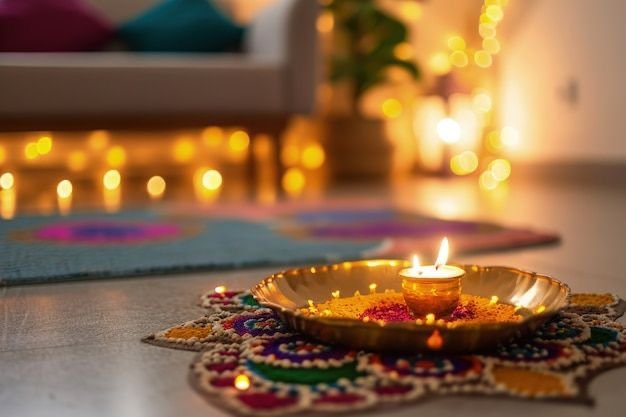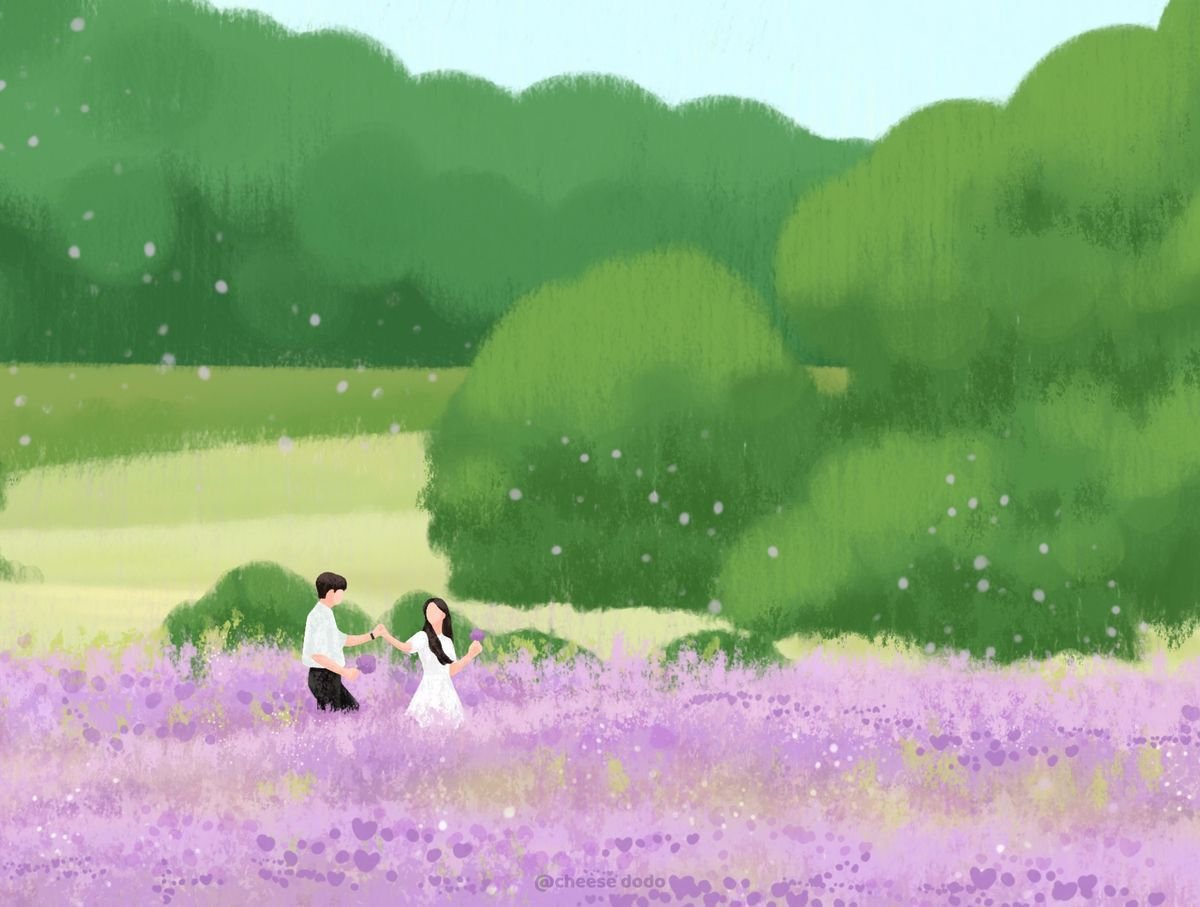Diwali is more than just a festival of lights. It is a time when homes glow, hearts connect, and families come together to celebrate love, joy, and togetherness.
Across India, homes glow with diyas and rangolis, but celebrations vary from region to region. In Bengal, people celebrate Kali Puja to honor Maa Kali. In Melukote, Karnataka, Diwali is observed quietly in remembrance.
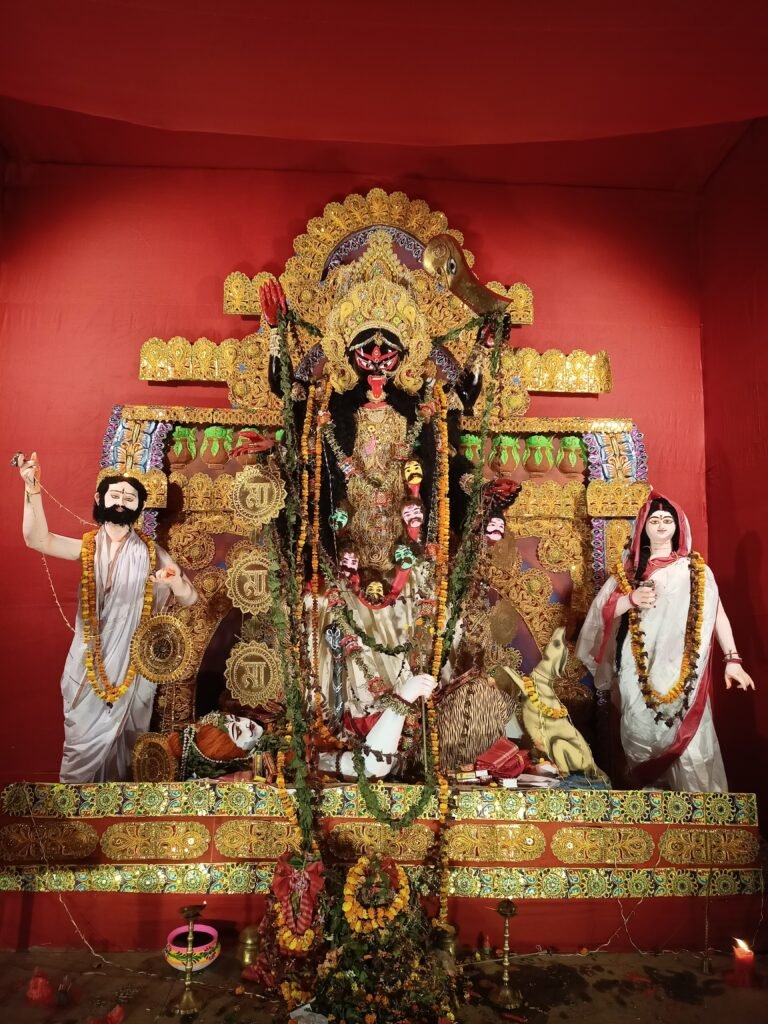
By the 19th century, Kali Puja became a grand celebration in Bengal. It was spread by Saint Ramakrishna Paramhansa and many landlords of that time. For Bengalis, Maa Kali is the symbol of strength and kindness. She protects her children and turns her anger into compassion.
But there is another side to Diwali that few people know about. While India celebrates Diwali with joy, the village of Melukote in Karnataka remembers it in silence and mourning.
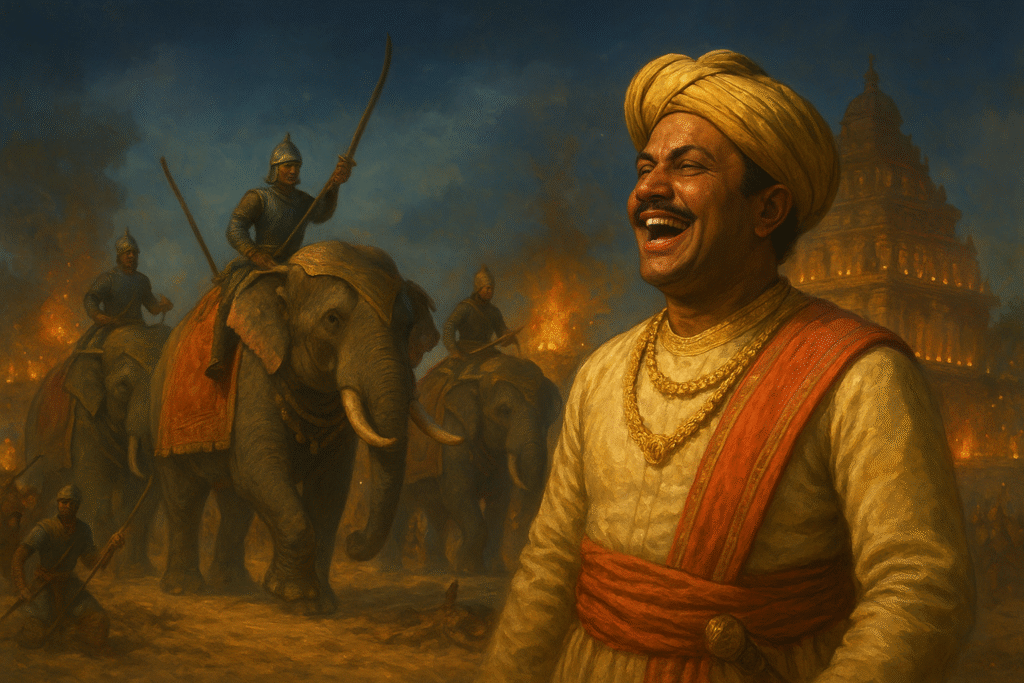
A long time ago, Melukote faced a dark tragedy, similar to the Jallianwala Bagh massacre. On Diwali, Tipu Sultan tricked the villagers into gathering at a temple, and his army attacked them with war elephants and weapons. Men, women, elders, and even children were killed, leaving the village forever in mourning.
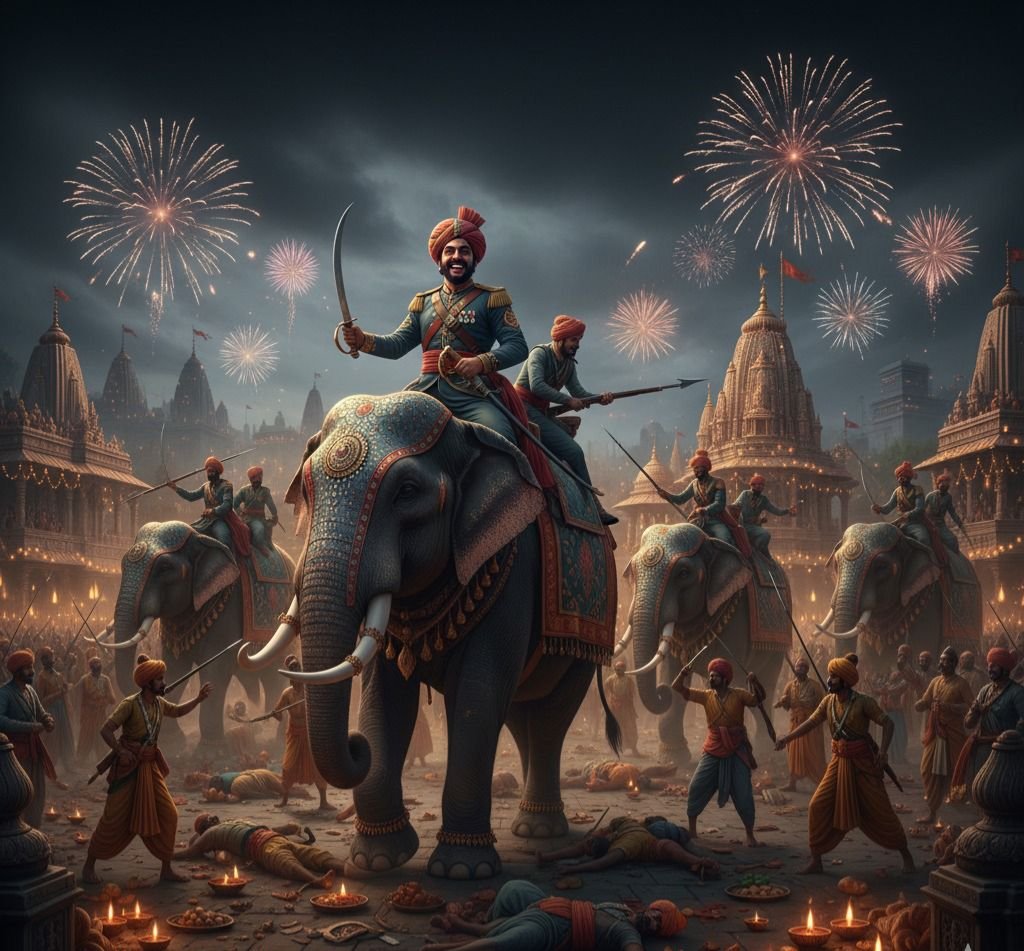
From that moment, the people of Melukote made a promise. They decided never to celebrate Diwali again. Instead, they spend the night in silence, remembering those who lost their lives. Even today, on this dark night of Amavasya, the village remains without lights, holding on to a vow born out of grief and respect.
Diwali lights up hearts, but some lights also shine on memories. It is a festival of joy, strength, and quiet remembrance.
References:
- Times of India – Melukote observes Diwali as a day of mourning
- Swarajya Magazine – History of Melukote and Tipu Sultan’s attack.

